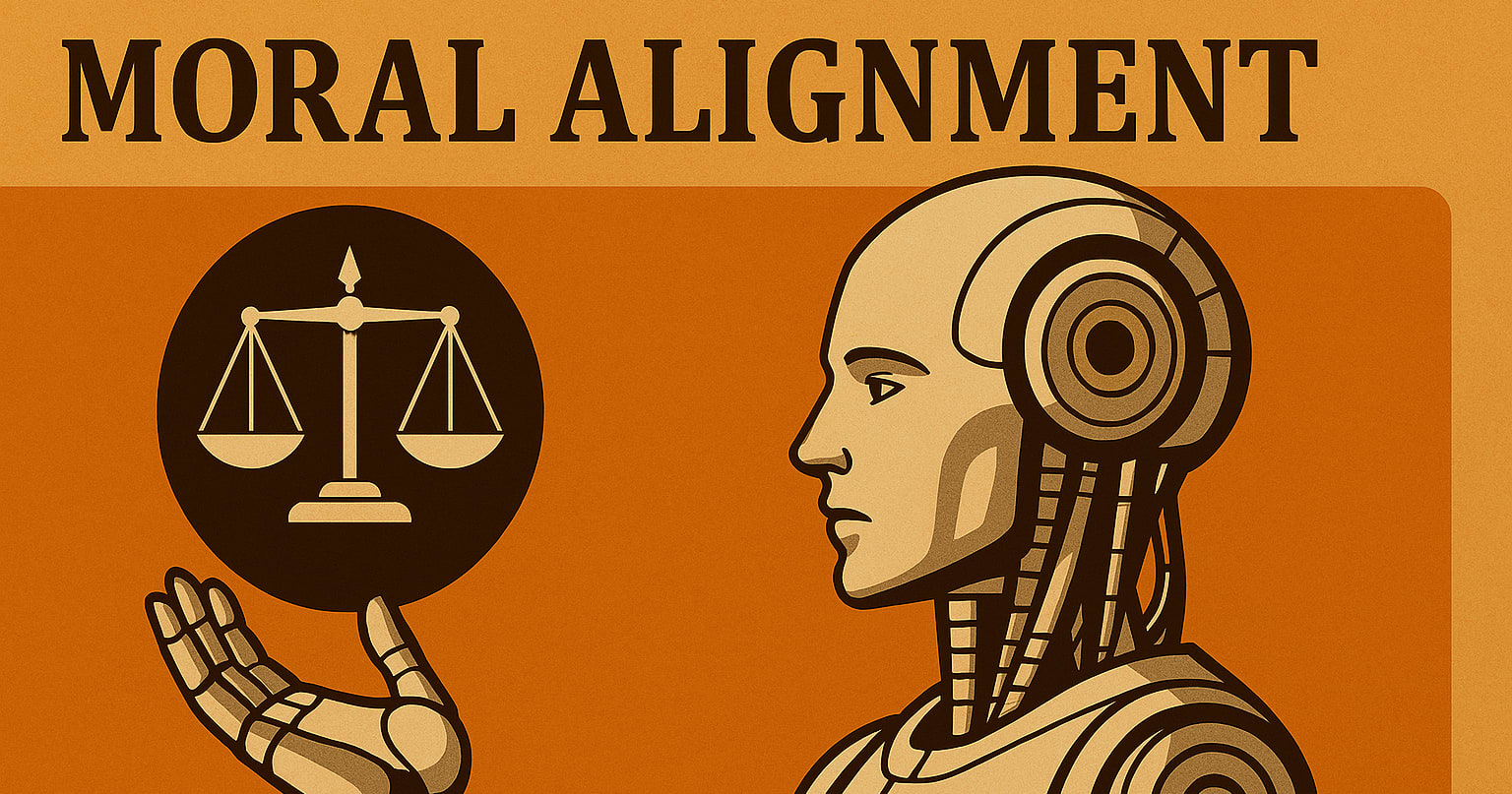I work for CEA and help to run the Forum, but this is my personal opinion as a person who likes having information about the EA community.
Why write a bio?
If you click someone's username, you can see a personal bio in their profile.
The EA Forum will be a slightly better place if more of its users write a bio. If you don't mind sharing information about yourself, I recommend writing one.
Here are a few reasons why:
1. It makes it easy to see your affiliations. If I'm talking to someone about a charity, it helps to know whether they work, or have worked, at said charity. Transparency!
2. It lets you link to your other content. If you link to a blog/personal site in your bio, someone who likes your post or comment can read more of your work. They can also learn more about your favorite causes, or anything else you want to share.
3. It can be especially helpful to newer community members. When you're new (or otherwise aren't very connected to the EA “social scene”), effective altruism can feel like a small club of people who already know each other. Helping people learn about you, if you don’t mind sharing that information, makes EA more welcoming.
This list is non-exhaustive, because bios are flexible and can serve many purposes.
If you prefer not to share personal information on the Forum, please don't feel pressured to do so by this post. My intention is to remind people who want to share, or wouldn't mind sharing, that bios exist and are helpful.
How to write a bio
1. Click your username, then click "Edit Account".
2. Type your bio in the "Bio" box below your email address. For now, we only support plain text. You can use line breaks while editing, but the published bio will show on your profile without line breaks.
3. Click "Submit" at the bottom of the page, so that your bio will be saved.
Not sure what to write? Try some of these:
- Your name (if you don't mind sharing).
- Your EA affiliations (e.g. employment, group membership), or whatever else you're working on.
- Your favorite causes/organizations.
- A link to any other writing you'd like to share.
- Fun facts?
For example, here's my bio:
Aaron is a full-time content writer at CEA. He started Yale's student EA group, and has volunteered for CFAR and MIRI. He also works for a small, un-Googleable private foundation that makes EA-adjacent donations. Before joining CEA, he was a tutor, a freelance writer, a tech support agent, and a music journalist. He blogs, and keeps a public list of his donations, at aarongertler.net.
No need to make yours this long, of course.
Suggestion: If you decide to write a bio after reading this post, leave a comment so that other people know to read it! (At the very least, I will read it, since I’m always curious about the Forum’s users.)




Thanks for this post! I didn't realise a description could be important. I added one :)